Based on the practical conditions of Vietnam and the recognition of the humane and good values of religion, President Ho Chi Minh not only raised the ideas of building religious solidarity, but he himself was also an example, a flag to gather the great national solidarity, including religious dignitaries and followers. However, at present, hostile forces, along with distorting and falsifying Ho Chi Minh's thoughts in general, have also thoroughly distorted his thoughts on religious solidarity. Therefore, fighting against erroneous and hostile views in this field is to contribute to protecting the values of Ho Chi Minh's thoughts and protecting the ideological foundation of the Party.
The resistance never stops.
Distorting Ho Chi Minh's ideology on religious solidarity is an ever-changing goal of hostile forces. In order to distort Ho Chi Minh's ideology on religious solidarity, hostile forces have actively used many methods and tricks, recently focusing on basic activities through the internet and social networks to distort Ho Chi Minh's ideology on religious solidarity. Exiled reactionary organizations such as "Viet Tan", "Provisional National Government of Vietnam"... have established more than 400 websites, blogs, dozens of magazines, newspapers, publishing houses, more than 60 radio stations with Vietnamese programs such as VPR, VOA, RFI... and other forums to distort Ho Chi Minh's ideology on religious solidarity.
Along with that, they also organize international seminars, workshops, and forums that distort Ho Chi Minh's ideology in general and Ho Chi Minh's ideology on religious solidarity in particular. They often organize forums, seminars, and workshops in countries where many overseas Vietnamese are living and working, such as Australia, the US, Canada, etc., to send open letters and documents that propagate reactionary ideology and distort Ho Chi Minh's ideology to the leaders of the Party, the State of Vietnam, and functional agencies in the country, and Vietnamese diplomatic representatives abroad. Through that, they try to spread the message that Ho Chi Minh's ideology in general and Ho Chi Minh's ideology on religious solidarity in particular are outdated and backward, and demand that the Party and the State of Vietnam change it with a new ideology.
In addition, they also seek to connect with and bribe corrupt and degenerate cadres and party members to hire them to write articles and spread propaganda distorting Ho Chi Minh's thoughts on religious solidarity; inciting skepticism among cadres, party members and people about the Party and State's policies and guidelines on religious solidarity. These are extremely dangerous acts and distortions and propaganda, and are sinister tricks in the strategy of "peaceful evolution" and promoting "self-evolution" and "self-transformation" of hostile forces.
President Ho Chi Minh - An exemplary model of religious solidarity
Immediately after the country's independence, in the first meeting of the Provisional Government (September 3, 1945), President Ho Chi Minh pointed out: "Colonialists and feudalists implemented a policy of dividing religious and non-religious compatriots to make it easier to dominate. I propose that our Government declare: FREEDOM OF RELIGION and unity of religious and non-religious people."
To realize religious solidarity, President Ho Chi Minh proposed three specific principles in implementing religious policies: First, take national interests as the common denominator. This principle is based on the motto "Nation above all - Fatherland above all" and "all by the people, all for the people". The interests of each religion are closely linked to the interests of the entire national community. If we want to unite religious people into the great national solidarity bloc, we must put national interests above all. Because this is the interest of the entire community, including the vital interests of religions.
Second, do not touch on the faith of religion in general and of each religion in particular. President Ho Chi Minh paid much attention to pointing out the commonality and unity of religions with the goals and ideals of socialism. At the same time, he emphasized that patriotism and religious faith are not contradictory, but on the contrary, are closely linked together. No matter what religion a person follows, he must first be a citizen, with obligations to the nation and country.
Third, respect the people's freedom of belief and religion and freedom of non-belief and religion. This is a prerequisite, a fundamental principle to unite religious people into the great unity of the nation. Because, respecting the freedom of belief and religion means respecting the people, respecting the spiritual needs of a part of the people, respecting a requirement for freedom and democracy in the cultural and spiritual life of society.
President Ho Chi Minh set out the basic goals, principles and methods to be implemented in the process of carrying out religious work. Thanks to that, he succeeded in uniting religious people into the great national unity bloc. Therefore, President Ho Chi Minh's ideology of religious solidarity has become the basis and foundation for religious churches to set out the principles and purposes of practicing religion in association with the nation, such as: "Religion - Nation and Socialism" (Buddhism); "Living the Gospel in the heart of the nation" (Catholicism); "Living the Gospel to serve God, serve the Fatherland and the nation" (Protestantism); "The country is glorious, the religion is bright" (Cao Dai); "Reviving religion in association with the nation; in accordance with the policies and laws of the State, contributing to the construction and protection of the Fatherland" (Hoa Hao Buddhism) ...
Not only that, President Ho Chi Minh is also an example of fighting against actions and viewpoints that divide religious solidarity. During his lifetime, President Ho Chi Minh always appreciated the contributions of religion to the revolution, but also resolutely opposed the exploitation of religion and the belief of believers to sabotage the revolutionary cause of the nation. He always educated cadres and party members to make the masses clearly understand the policy of our Party and State: Not to oppose religion, but only to oppose the exploitation of religion. Moreover, in the fight against the wrongdoings of religious followers, President Ho Chi Minh always advised cadres to be persistent, close to the people, understand the people in order to mobilize the people. They must explain to the people clearly the enemy's sinister plot to exploit religion and the belief of the people to betray the country, harm the people, and harm religion. Only revolution is the way to liberate the people from oppression and exploitation, and to punish those who exploit religion to sabotage the great national unity bloc.
Intact value for today
President Ho Chi Minh's ideology of religious solidarity has always been inherited, developed and creatively applied by the Communist Party of Vietnam to suit the practical situation. The milestone marking an important change in the Party's perception of religion is reflected in Resolution No. 24-NQ/TU dated October 16, 1990 of the Politburo of the 6th tenure on "Strengthening religious work in the new situation". The Party's innovation in religious thinking continued to be affirmed in Resolution No. 25-NQ/TU dated March 12, 2003 of the Central Executive Committee of the 9th tenure on religious work, emphasizing that religion accompanies the nation, especially accompanies the socialist regime. President Ho Chi Minh's viewpoint of "religious solidarity" was further affirmed: Religious people are part of the great national unity bloc. Accordingly, the Party and State of Vietnam consistently implement the policy of great national solidarity, with the core content of religious work being mass mobilization. In particular, the Document of the 13th National Party Congress has identified one of the key tasks to bring the country into a new stage of development as: "Promoting the strength of great national solidarity". In particular, thoroughly grasping Ho Chi Minh's thought on religious solidarity in new conditions, the Party has continued to highlight the similarities between revolution and religion, between socialist ideals and religious ideals, considering it one of the important bases for realizing great national solidarity.
Thoroughly grasping and applying Ho Chi Minh's thought on religious solidarity, with correct policies and guidelines, by 2023, Vietnam will have over 26.5 million religious followers, accounting for 27% of the population. Of these, Buddhism accounts for the largest number with over 14 million followers, followed by Catholicism with over 7 million followers.
Notably, there are many religious dignitaries and followers who are National Assembly deputies and People's Council deputies at all levels, making many important contributions to the political system as well as the cause of building and consolidating the people's government. Specifically, there are 5 dignitaries elected to the 15th National Assembly; 88 religious dignitaries, officials and 35 followers elected to provincial People's Council deputies; 225 religious dignitaries, officials, monks and 246 followers elected to district People's Council deputies; 646 religious dignitaries, officials, monks and over 5,000 followers elected to commune People's Council deputies for the 2021-2026 term... That is an obvious truth and a practical basis for refuting all distortions of hostile forces about Vietnam's policy of religious solidarity; at the same time, affirming the great value of Ho Chi Minh's thought on religious solidarity. It can be affirmed that there is no multi-religious country in the world where religions live equally like in Vietnam, a country without ethnic or religious conflicts. That is the truth! This reality refutes all distorted and inciting information aimed at dividing religion from the government, dividing religious and non-religious people, dividing the great national unity bloc in the cause of building and defending the Fatherland.
In summary, Ho Chi Minh's thought on religious solidarity has rich content, both scientific value and profound practicality. Therefore, in nearly 40 years of renovation, thoroughly grasping his thought on religious solidarity, our Party has proposed many correct religious policies and guidelines, suitable to the practical conditions of the country. His thought on religious solidarity remains intact and is a valuable guide for current religious work. Therefore, we need to continue to apply and creatively develop his thought to properly resolve religious issues, strengthen religious solidarity for the goal of developing a prosperous and happy Vietnam according to his wishes. At the same time, it is also one of the important tasks to fight against the wrong views of hostile forces, directly contributing to protecting the Party's ideological foundation.
Dr. Le Van Phong
Source











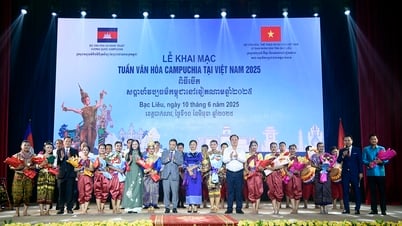
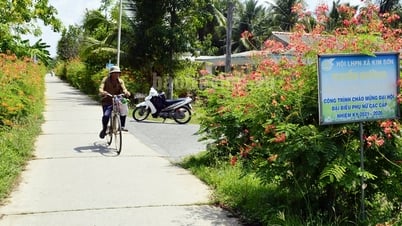

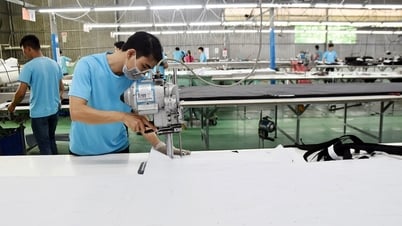







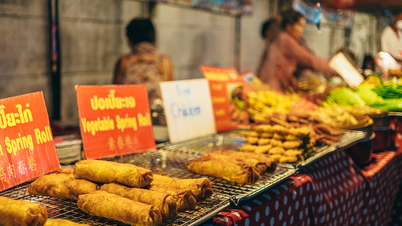


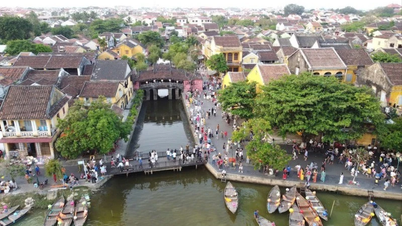

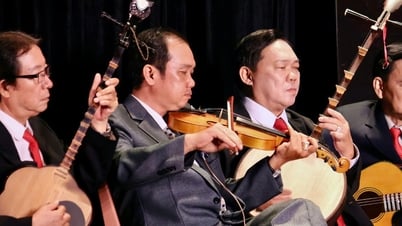

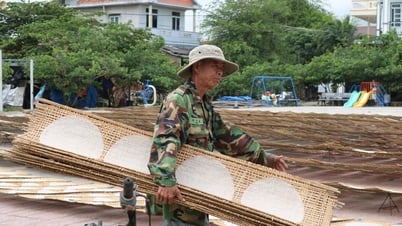





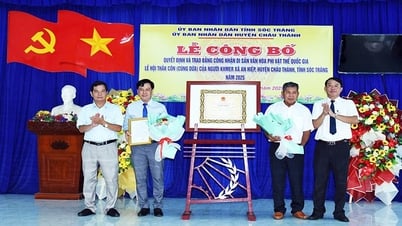


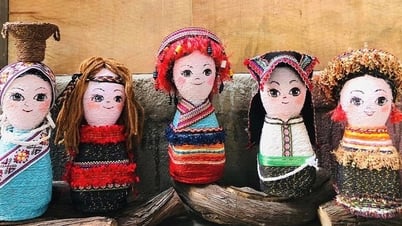
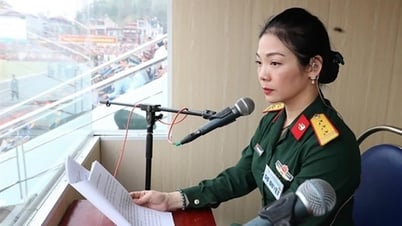





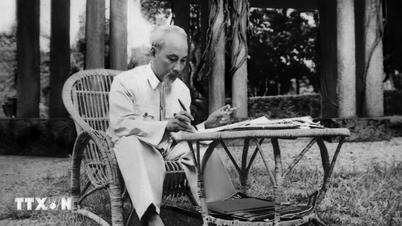


![[Maritime News] Wan Hai Lines invests $150 million to buy 48,000 containers](https://vphoto.vietnam.vn/thumb/402x226/vietnam/resource/IMAGE/2025/6/20/c945a62aff624b4bb5c25e67e9bcc1cb)





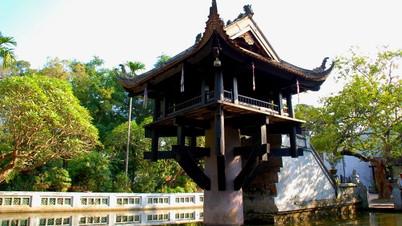

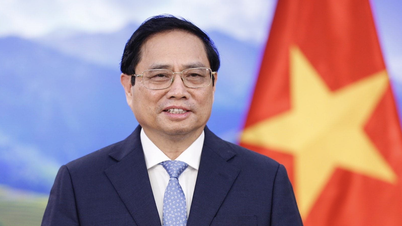

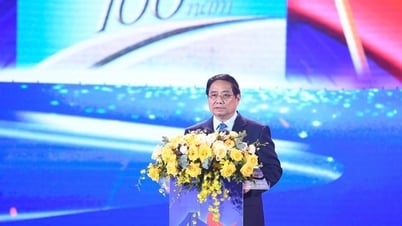

![[Infographic] Party Committee of the Ministry of Culture, Sports and Tourism: Marks of the 2020 - 2025 term](https://vphoto.vietnam.vn/thumb/402x226/vietnam/resource/IMAGE/2025/6/22/058c9f95a9a54fcab13153cddc34435e)
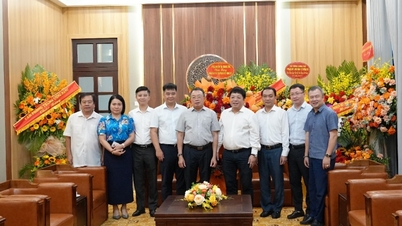

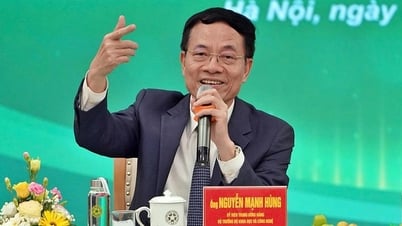


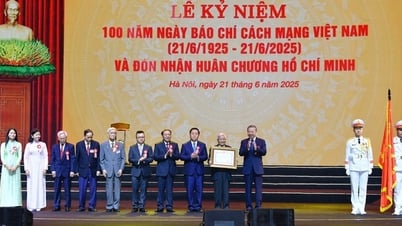


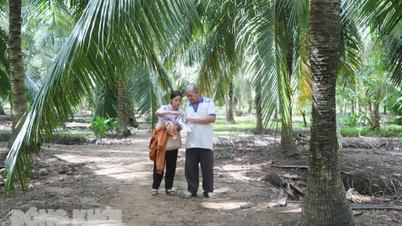



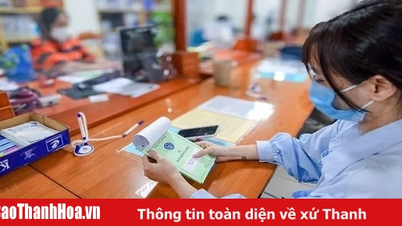















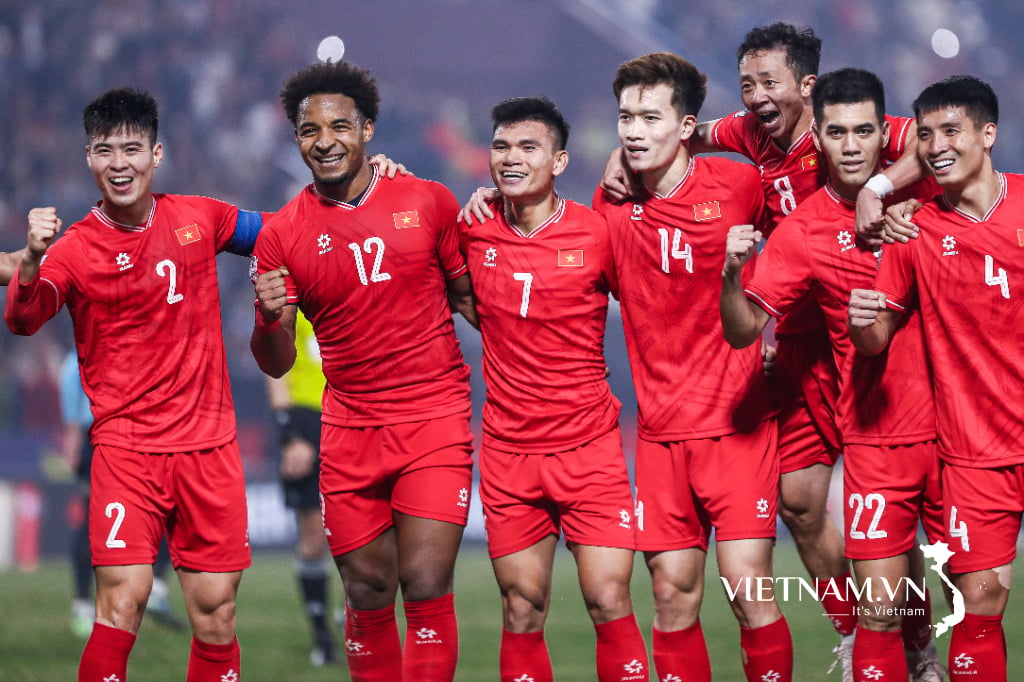

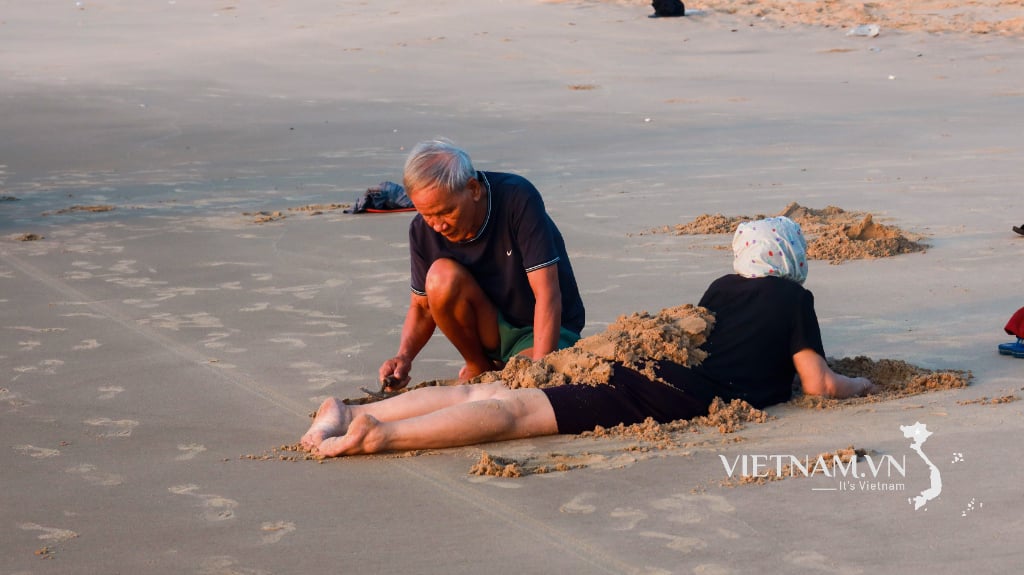
Comment (0)